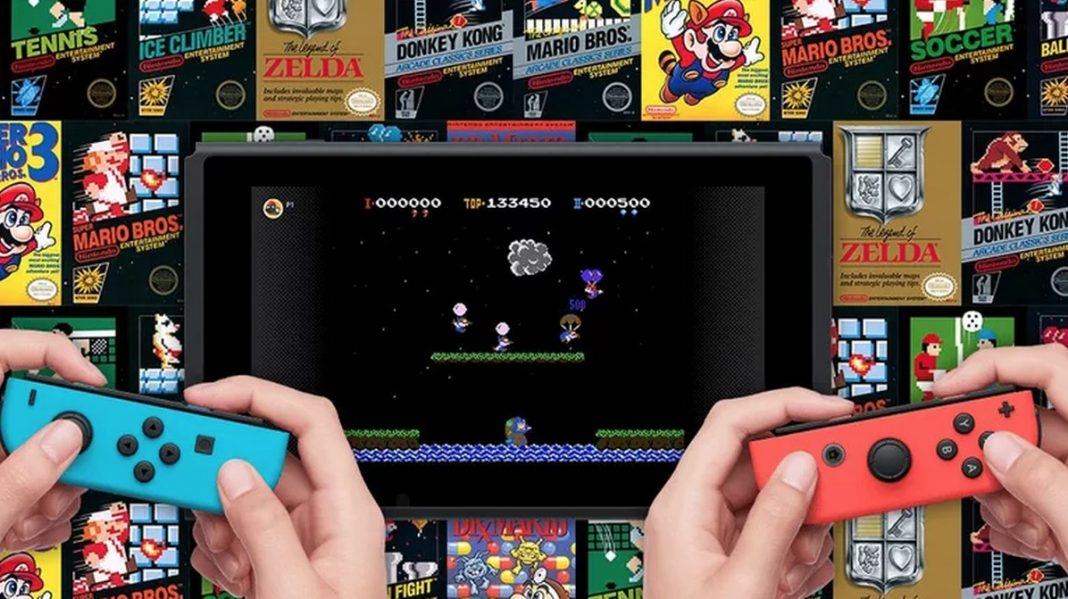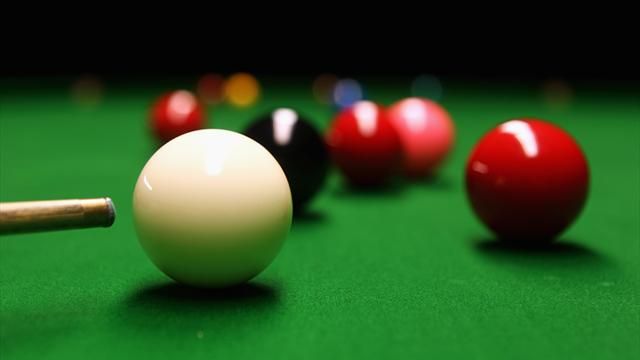
Traditional or classic games are ones that have passed through the generations, standing the test of time and remaining entertaining and engaging for millions of people around the world. In the decades gone by, people didn’t have their iPads or smart phones to be glued to; nor did they have hundreds of television channels to choose from. Instead, they had table games to master and wile away the hours.
Gaming strategies in the early 20th century were a far cry from what one can find today online. Games such as poker, chess, and even snooker were played just as much in the mind as on the table itself. Wind the clock forward to 2018, and it’s clear to see that online technologies have added fresh perspectives to all of the aforementioned traditional games. Today, it’s possible for poker, chess and snooker fanatics to pit their wits against players all over the world, not just their family and friends. Let’s take a look at how these classic table games have been transformed in recent years by the accessibility and gameplay of their online versions.
How the internet changed poker forever
Before the World Wide Web entered the mainstream, one had to live in New Jersey or Nevada to enjoy a regular game of Texas Hold’em poker. However, the World Series of Poker (WSOP) 2003 Main Event would change the face of the game forever. The “Moneymaker effect” of Chris Moneymaker, who scooped $2.5 million after qualifying online, brought about the poker boom and the new era of online poker rooms for fanatics across America and beyond.
Poker has come a long way from its spaghetti western roots. Internet poker has encouraged a new generation of people wishing to learn the game and understand all its dynamics. Many of the leading online poker rooms are now ushering in variants of the game such as Texas Hold’em, Omaha and 7 Card Stud too, with guidance necessary on how to play games such as Pot Limit Omaha which have much stricter betting structures to get to grips with. In the online realm, these are arguably not as difficult to learn thanks to detailed playing guides and tutorials. Perhaps the most important tool for today’s online poker players is the use of heads-up displays (HUDs) to get a handle on how each individual player at the table plays pre-and post-flop. It’s now possible to get online reads on players without even physically staring into the whites of their eyes – or even by doing so via webcam, which is possible when playing with certain online poker operators.
Internet poker has certainly changed one aspect of pre-flop betting, the three-bet. Pre-flop re-raises existed before the poker boom, but online poker certainly changed the way both amateur and professional poker players used three-betting to dominate their position at the table. No longer were aces and kings used solely to re-raise in position, players began to bluff and make themselves harder to read by three-betting with weaker hands. The online game also created a generation of online pros, who would “grind” the tables for hours on end each day to make a full-time living; often playing ten to 12 tables at once. Since 2003, poker has become more than just a fun pastime and very much a serious business to many around the world.
Chess players grew tired of pitting their wits against the computer
While the overall rules of chess have remained largely the same since the early 1800s, the Game of Kings has changed in many other ways thanks to the advent of the World Wide Web, not unlike poker. The history of the game dates back some 1,500 years, but the influence of computers helped take chess to the next level before the turn of the millennium. Russian chess legend Gary Kasparov suffered a loss at the hands of IBM-programmed computer hub Deep Blue in 1997, and since then, computers have regularly defeated the most successful human chess players on the planet.
However, chess players still long for the battle of human-versus-human combat, just like they did before the internet when games were the preserve of church halls, community centres and living rooms. Sites such as Chess.com have provided a real-time platform for players around the world to learn and improve from others. In fact, in 2014, Chess.com celebrated its billionth game of chess hosted online. It now has a reported 12.8 million registered users, many of whom have been enchanted by the ability for world-class chess games to be streamed live on broadcasting networks such as Twitch – a platform which also sees poker pros livestream their games along with commentary, providing valuable insight into the expert’s mentality. Not so long ago, players would have had to wait until the delivery of their next newspaper to discover the outcome of a recent game, but in the 21st century, players can watch the action unfold in real time and improve their decision-making from the world’s best.
That’s not to say that computers haven’t had an impact in improving the play of chess players. Computer-assisted training software has raised the bar, particularly in the opening stages of games where awareness of variations and sub-variation moves is now essential.
The professionalization of snooker
It’s not a mind sport like poker or chess, and it doesn’t have as long a history, but snooker – after taking its time to become a global sport – has certainly reached impressive popularity in 2018. Perhaps the most interesting difference between snooker in the 1970s and 80s is the amount of prize money on offer. Today, prize money is in the hundreds of thousands for the world’s biggest tournaments thanks to the investment from Barry Hearn, but some 30 years ago it was only a tenth of that. The increased prize money is due largely to the fast-increasing interest in snooker from China, with many tournaments now held in the country throughout the calendar year. The Chinese are increasingly valuing snooker on the same level as soccer – which means that the game has had immense fortunes pumped into the Chinese Super League in the last 24 months. The professional level of the sport has improved tenfold, with nutrition now playing a huge part due to the global travel necessary for attending events.
Furthermore, online technologies have improved audience numbers immensely, with live streams of snooker tournaments beamed to online bookmaker sites and major satellite networks on a weekly basis. On the table, the most significant change has been the number of century breaks made on such a consistent basis. In 1983, Steve Davis made just ten centuries throughout the entire season, compared with Neil Robertson’s 103 some 30 years later. The increasing number of competitive events has clearly sharpened the skills, while online gaming has helped players hone their skills even when they are away from the real-life practice tables.
Chess, poker, snooker: All three of these classic games have become more engaging than ever before thanks to the advent of technology, opening them up to new wider audiences whilst enthusing existing fans to refine their own skills. Who knows what the next few decades have in store for our favorite classic games.



